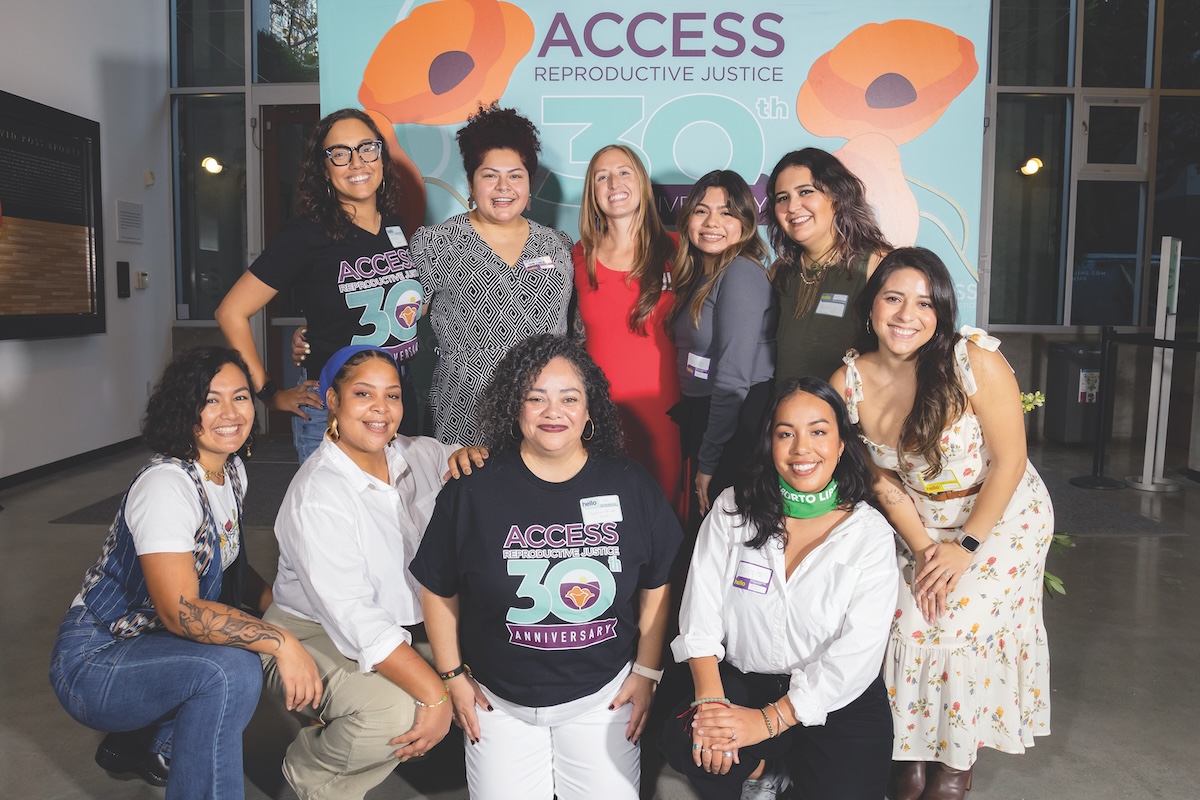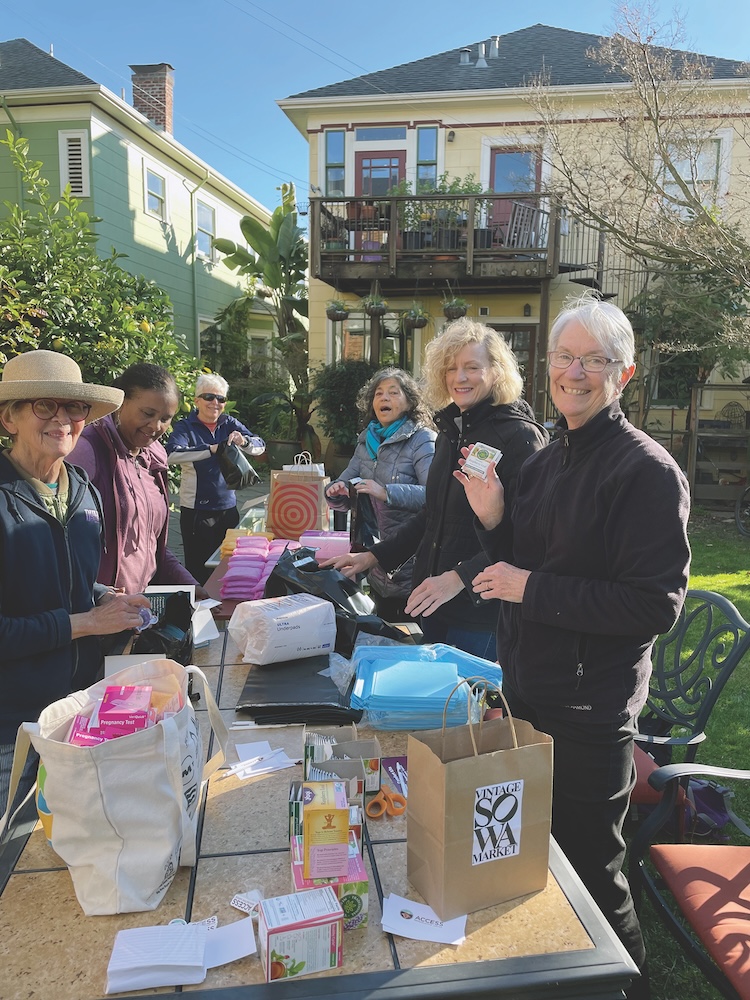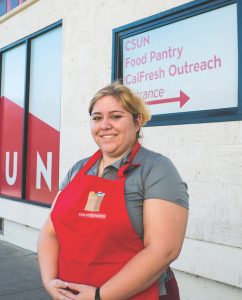Post Dobbs, Abortion Funding and Access Take on Even Greater Importance in California

Last year, the nonprofit ACCESS Reproductive Justice (ACCESS RJ) helped more than 1,865 people access abortion care and other reproductive health care services in California. That was a 160% increase year-over-year since Dobbs, the Supreme Court’s 2022 decision to overturn constitutional protection of abortion rights. ACCESS RJ is California’s statewide 30-year-old abortion fund, and it expects the number of people supported to only increase – not just from people crossing state lines, but also within the state.

ACCESS RJ not only funds abortion, but also helps people with the logistics and finances required to find and receive abortion care. They support everything from transportation and lodging to finding a clinic to accessing childcare during procedures and covering payment gaps for medication. At ACCESS RJ, the first step for those seeking support is the organization’s Healthline, a multilingual intake line (as well as an online form and text service) that establishes what each person might need.
“Abortion funding is an art, not a science,” says Jessica Pinckney Gil, executive director of the organization.
Each case is unique, and each case is emotional and crucial to those going through it.
“So much depends on the individual’s experience,” Pinckney Gil says. “How old they are, whether they live in the state or not, their accessibility to resources – both tangible and financial – where they are emotionally. Because of the abortion access landscape, within California and throughout the country, you’re going to have a lot more options if you’re six weeks pregnant than if you’re 26 weeks pregnant. There are a lot of variables at play – that’s important context to understand about our work.”
In terms of financial support, ACCESS RJ can cover the gap (sometimes only partially) in what a person can pay for their abortion, from a clinic visit to a discount code for pills. It also provides practical and logistical support, coordinating and paying for airfare, ground transport, lodging, childcare, and food not only for the person seeking support but also for their support person – a spouse, friend, or family member.
Travel arrangements and costs aren’t just for people coming from out of state. Within California, sometimes the nearest abortion clinic is a two- or three-hour drive away. Fuel costs, accommodations, and logistics all come into play.
“Even in California, there are still barriers to accessing abortion,” says Pinckney Gil.
These logistical details, however functional, add up to healthier, happier life outcomes. According to the Turnaway Study, a 2020 report from the University of California San Francisco, people who are denied abortions tend to experience more poverty, more evictions, more domestic violence, and more health issues during and after pregnancy.
Yet that’s only a hint at what may be ahead. Pinckney Gil notes that the report studied the experiences of people under Roe v. Wade, under which abortion was protected. Now that it’s been overturned, outcomes for those who can’t access abortions – and their children – may get worse.
“Reproductive Justice is everything,” says Pinckney Gil. “It is intersectional. You don’t have the ability to choose how you raise your family if you don’t have access to clean drinking water. You don’t have access to safe communities to raise your family in if your community is riddled with gun violence… So it’s holistic and really looking at people’s whole lives and whole experiences.”
ACCESS REPRODUCTIVE JUSTICE
Donate now!https://accessrj.org
Executive Director: Jessica Pinckney Gil
Phone: (510) 456-0947
Mission
ACCESS REPRODUCTIVE JUSTICE removes barriers to sexual and reproductive health care and builds the power of Californians to demand health, justice, and dignity
Begin to Build a Relationship
We know you care about where your money goes and how it is used. Connect with this organization’s leadership in order to begin to build this important relationship. Your email will be sent directly to this organization’s director of development and/or Executive Director.
I am honored to support ACCESS RJ because they do the critical work of making abortion available to those who have the hardest time accessing it, and they continually advocate to make abortion affordable and accessible for everyone who needs one, no matter their reason. ACCESS RJ has long been a model for the rest of the country in how to incorporate the principles of reproductive justice into practical support and abortion care. I have the deepest trust and confidence that ACCESS RJ will continue to serve as a model as we navigate the current chaotic and heartbreaking reality of unequal abortion access in our country.
Help Achieve Reproductive Justice
While ACCESS Reproductive Justice (ACCESS RJ) has been in operation for three decades, demand for its services has only increased since the Supreme Court Dobbs decision.
One of the organization’s challenges is that it can’t fulfill all of the procedural funding requests it receives.
“The resources that ACCESS has at our disposal,” says Pinckney Gil, “are going directly to helping people get the care they need.”
An additional $1M would allow ACCESS RJ to fully fund all its callers’ procedural funding gaps. Procedures (within California and outside of the state) range in cost from a few hundred dollars to upwards of $20,000. Currently, ACCESS RJ can only partially support many clients with covering the gap in procedural costs.
Key Supporters
Women’s Donor Network
The Women’s Foundation
of California
Argosy Foundation
Levi Strauss Foundation
National Institute
for Reproductive Health
Planned Parenthood Federation
of America
